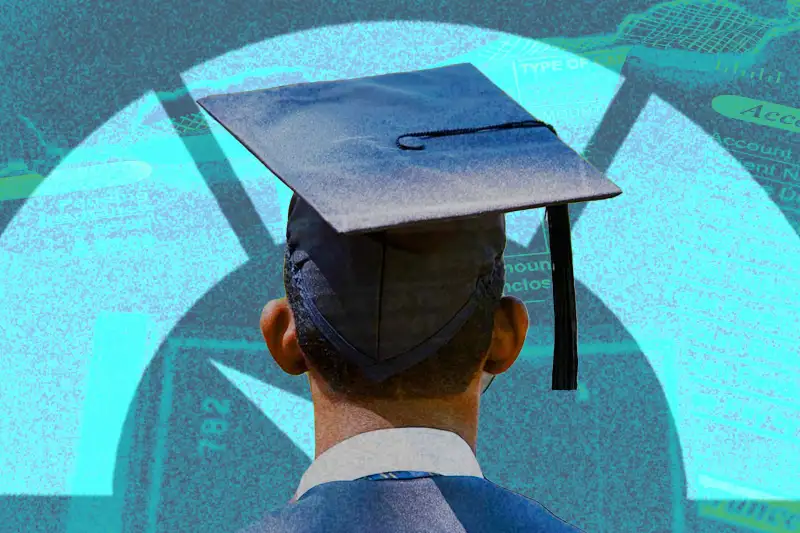How the Restart of Student Loan Payments Could Hurt (or Help!) Your Credit Score

In the coming weeks, federal student loan payments will restart for millions of borrowers who have been off the hook for more than three years.
Although they've been warned it's coming, many of those borrowers aren’t prepared to make the payments — and the aftereffects of this reintroduced financial burden have the potential to significantly impact their credit scores.
The student loan moratorium started in 2020 just as the pandemic began to take hold in the U.S. The payment pause initially provided borrowers with some relief, but, as inflation soared, that wiggle room diminished due to the increasing cost of basic necessities. Recent surveys show that borrowers have put their money to use elsewhere; when payments resume, the majority of them expect to default on the debt.
Many borrowers have fallen victim to this “reverse lifestyle creep,” according to Betsy Mayotte, the founder and president of The Institute of Student Loan Advisors (TISLA), a nonprofit organization that provides free advice to borrowers.
“For a lot of people,” Mayotte recently told Money, “that money just isn’t there anymore.”
Following the Supreme Court’s consequential ruling to block President Joe Biden’s initial forgiveness plan, some borrowers are now taking to social media sites like Twitter (aka "X") and Reddit to float the idea of simply giving up on their student loans — and that do-nothing strategy is starting to go viral.
Here’s what you should know about how student loan payments could affect your credit after the moratorium.


